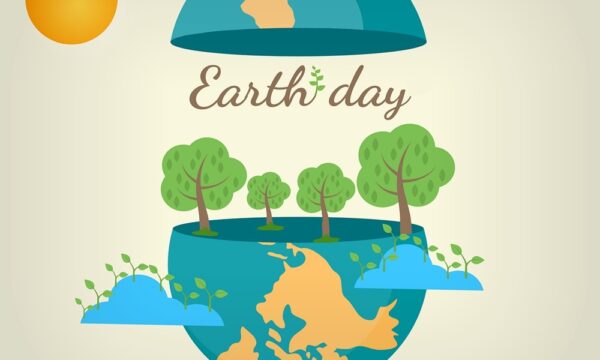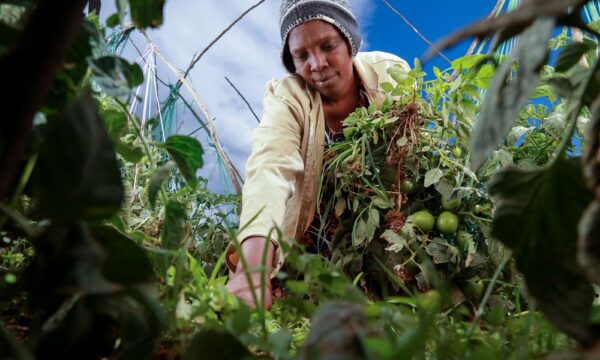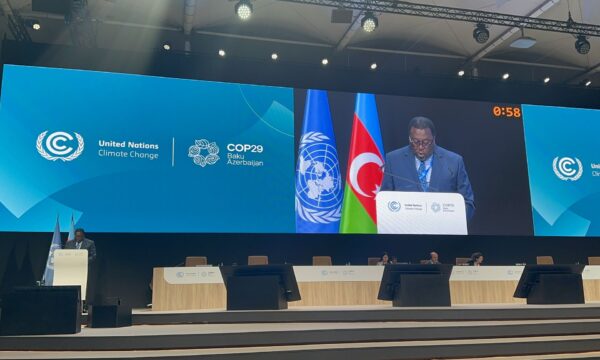Last Saturday, I cycled to Tesco’s*. It’s around five miles away from where I
live, so wasn’t a huge effort and, to be fair, I could use the extra exercise. I
stress this because I’m about to mention the environment. Before you head off to
the ‘post comment’ box below, I must stress that my environmental credentials
aren’t great. Like many of us, I guess I do my bit, but sometimes find this
relationship a bit one sided. My meagre efforts at saving it are simply not
appreciated. It must be that unconditional love that only a parent could show a
tempestuous child. As if to prove my point, as I headed out of Tesco’s with a
re-usable bag of groceries on my back, it rained. It seems to do this most times
I ‘do my bit for the environment’ and leave the car at home.
The environment clearly doesn’t appreciate my efforts.
Don’t all complain at once
I am just one of a majority of honest† people who are confused about the huge amount of information available that tells us how much damage certain activities are doing to environment – or how little. What we can do to make ourselves ‘more green’. It seems that there are still more questions than answers. I realise it’s a Good Thing that the subject is being debated and even more so that we, the public, is being kept informed. Just let me know when you’ve decided, eh?
Having said that, despite my somewhat distant relationship with all things ‘green’, as a nutritional scientist with a passion for turning science into food products (this used to be known as ‘R&D’) this disaffection is not unfamiliar. Try replacing ‘global warming’ for ‘obesity’ for instance and look at the confused tangle of science, non-science, myth and nonsense that passes for ‘nutritional advice’ in the public domain. The public – the very people who could, and, I believe, would do something about the obesity epidemic if only they were offered a consensus of opinion about what should be done – are still confused. For scientific consensus, or just to follow the debate, the scientific community already have access to CAB Abstracts’ ‘Nutrition and Food Sciences’ database. This is, in fact, not just nutrition and food sciences. All aspects of obesity, for instance, are covered; including the preventive benefits of cycling.
For the environment, a similar product, Environmental Impact is also being launched this year. This site will tell you the planet’s falling apart; and how fast. Polar bears hanging on to the melting ice caps by the tips of their claws, that sort of thing. But like NutritionandFoodSciences, Environmental Impact is, at least the product of subject specialists passionate (though not blindly so) about their subjects. So if you’re not already getting your information on the biofuels v. food debate, what to do about food packaging; whether food miles will lead to the polar bear’s demise or how many years of beer the planet’s got left, from your user-friendly nutrition, food and obesity database, it won’t be long before you can get all that and more, from our expertly selected environmental one.
Me? I’ll keep cycling. The environment might not appreciate my efforts, but I can bask in the glory of my battle against that other insult the planet’s inflicting on me – gravity.
*Other supermarkets are available.
†CABI, as you are probably aware, is home to a number of real live authorities on environmental issues. I’m not one of them.
Related News & Blogs
Biodiversity loss: How can we reclaim our landscapes from threats to biodiversity?
On 22nd May, we mark the International Day for Biological Diversity. In this article, CABI’s Global Director for Invasive Species Dr Hariet Hinz looks at how we can reclaim our landscapes from threats to biodiversity. Biodiversity loss is proceeding at…
22 May 2025




